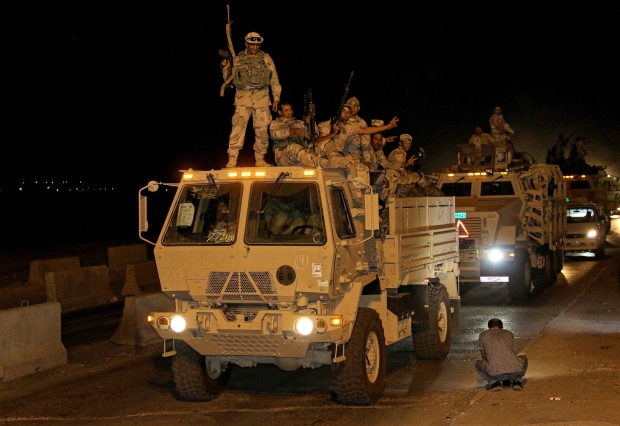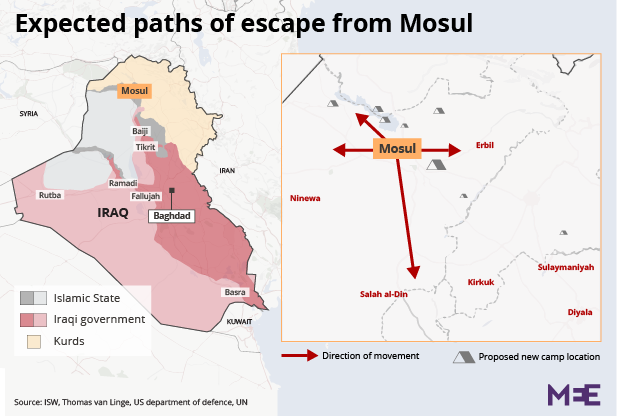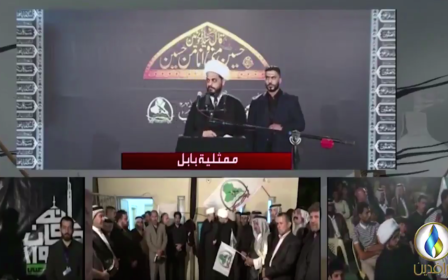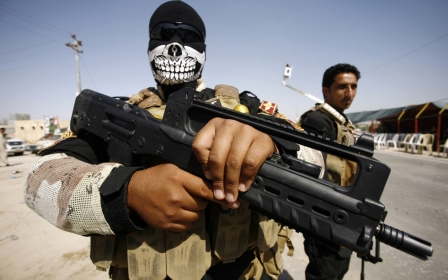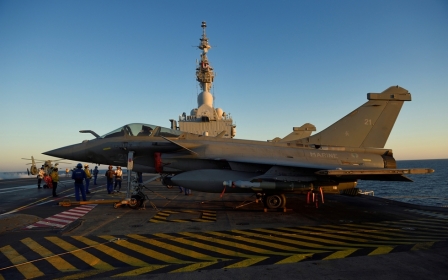Mosul facing largest single humanitarian crisis of year, says UN
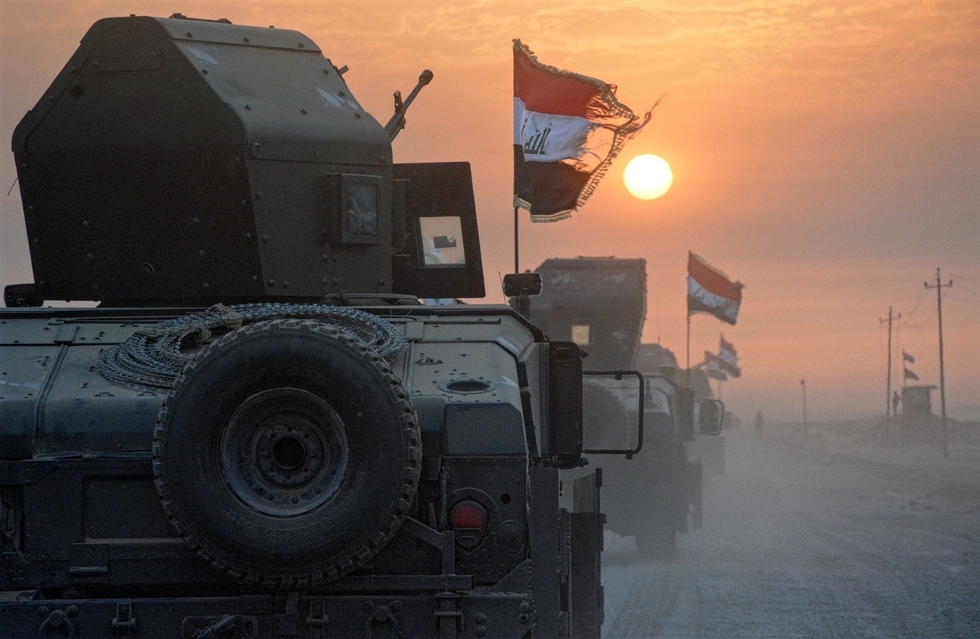
The UN has warned that the liberation of Mosul from the Islamic State group could cause the single largest humanitarian crisis of the year, with up to a million people needing shelter and a forced population movement that no single institution could cope with.
Lise Grande, the UN humanitarian coordinator for Iraq, warned that the coming battle could push the vast majorty of the population of the city out of their homes, and billions of dollars would be needed to help them.
"The UN estimates that in a worst case scenario, Mosul could represent the single largest most complex humanitarian operation in the world in 2016," she said.
"There are a number of reasons why it is so complex. The sheer scope of the expected operation, in a worst case scenario there could be 1.2 to 1.5 million civilians inside of the city who could be impacted."
"A worst case scenario in Mosul would look something like this: you would have mass expulsion of hundreds of thousands of people. You would have hundreds of thousands of people who are held as human shields inside the town. You would have a chemical attack that would put tens of thousands, hundreds of thousands, maybe even more at grave risk. If all of that were to happen at the same time it would be catastrophic."
"In order to house and accommodate and support a million people at dignified standards we would be looking at an operation of a billion dollars."
Her warnings came as Iraqi forces moved into position for an expected imminent push on the city.
Iraq and its allies have repeatedly signalled that they are planning to retake the city – the country’s second-largest – in the coming weeks. Other aid agencies have signalled a real risk of a humanitarian disaster.
Residents are confronted with a stark choice: remain in IS-controlled areas and risk violence and food shortages; or try to escape through minefields and escalating fighting while also risking dehydration.
Perilous escape
Earlier this week, Save The Children reported that one family lost two children due to IEDs, while in another instance, a woman and her 17-year-old nephew collapsed and died just a few kilometres from help.
The group said that it estimates 90,000 people will flee Hawija – which is south of Mosul – in the next few days as the offensive escalates. "Children are arriving from Hawija on the verge of death,” said Aram Shakaram, Save The Children's deputy country director in Iraq.
“Food in the area is running out and they are hungry, thirsty and absolutely exhausted, having walked barefoot through mountains full of land mines and IS patrols.”
Andres Gonzales, Oxfam’s country director in Iraq, said that “genuinely safe routes must be provided so they can escape the fighting and get to the shelter and help they need.
'The conditions for people fleeing Hawija are an early warning sign of what will happen when far greater numbers flee Mosul itself'
- Aram Shakaram, Save The Children
“All armed forces should avoid the use of heavy weapons in built-up and populated areas and do everything possible to protect civilians."
The charity reports that military operations along the Mosul corridor have already forced 150,000 people from their homes since March 2016.
Oxfam also said that while Baghdad has identified 13 locations for camps to take refugees, little work has been done so far to build tents and basic infrastructure.
“Traumatised families who have fled violence could now face weeks living out in the open or in overcrowded camps,” Gonzales said. “Many will have fled with only the clothes they were wearing and cannot face the harsh Iraqi winter without help."
The United Nations has warned that up to one million people could be displaced by the fighting in Mosul and could see civilians used as human shields by IS. Yet an appeal on behalf of the beleaguered city has only reached $136.8m – 48 percent of its $283.7m target – despite donor governments having had months to commit funds.
Social media shows troops massing
Mosul has been occupied by IS since June 2014. Normally the city would have a population of more than two million, although at least half-a-million people have fled since IS took over.
Social media reports from the region have indicated the growing military buildup, including the arrival of Iraqi army in staging areas on the edge of Kurdish-controlled regions
Elijah J. Magnier, chief international correspondent for Al Rai, reported how action was taking place only a couple of miles from Mosul...
... and how many are waiting for an announcement from Iraqi prime minister Haider al-Abadi...
In recent days preparations have been overshadowed by a diplomatic spat between Turkey and Iraq, with Baghdad demanding that Ankara remove troops stationed close to Mosul.
While the city is within Iraq’s sovereign territory, it is currently run by forces loyal to the autonomous Kurdish region. The Turkish troops are in northern Iraq under an agreement with the Kurdish Regional Government, which has close economic and political ties with Ankara.
Washington has called for all parties to work closely together and said that Iraq should lead the operation.
State Department spokesman John Kirby said: "The Turkish forces that are deployed in Iraq are not there as part of the international coalition and the situation in Bashiqa is a matter for the governments of Iraq and Turkey to resolve."
New MEE newsletter: Jerusalem Dispatch
Sign up to get the latest insights and analysis on Israel-Palestine, alongside Turkey Unpacked and other MEE newsletters
Middle East Eye delivers independent and unrivalled coverage and analysis of the Middle East, North Africa and beyond. To learn more about republishing this content and the associated fees, please fill out this form. More about MEE can be found here.


